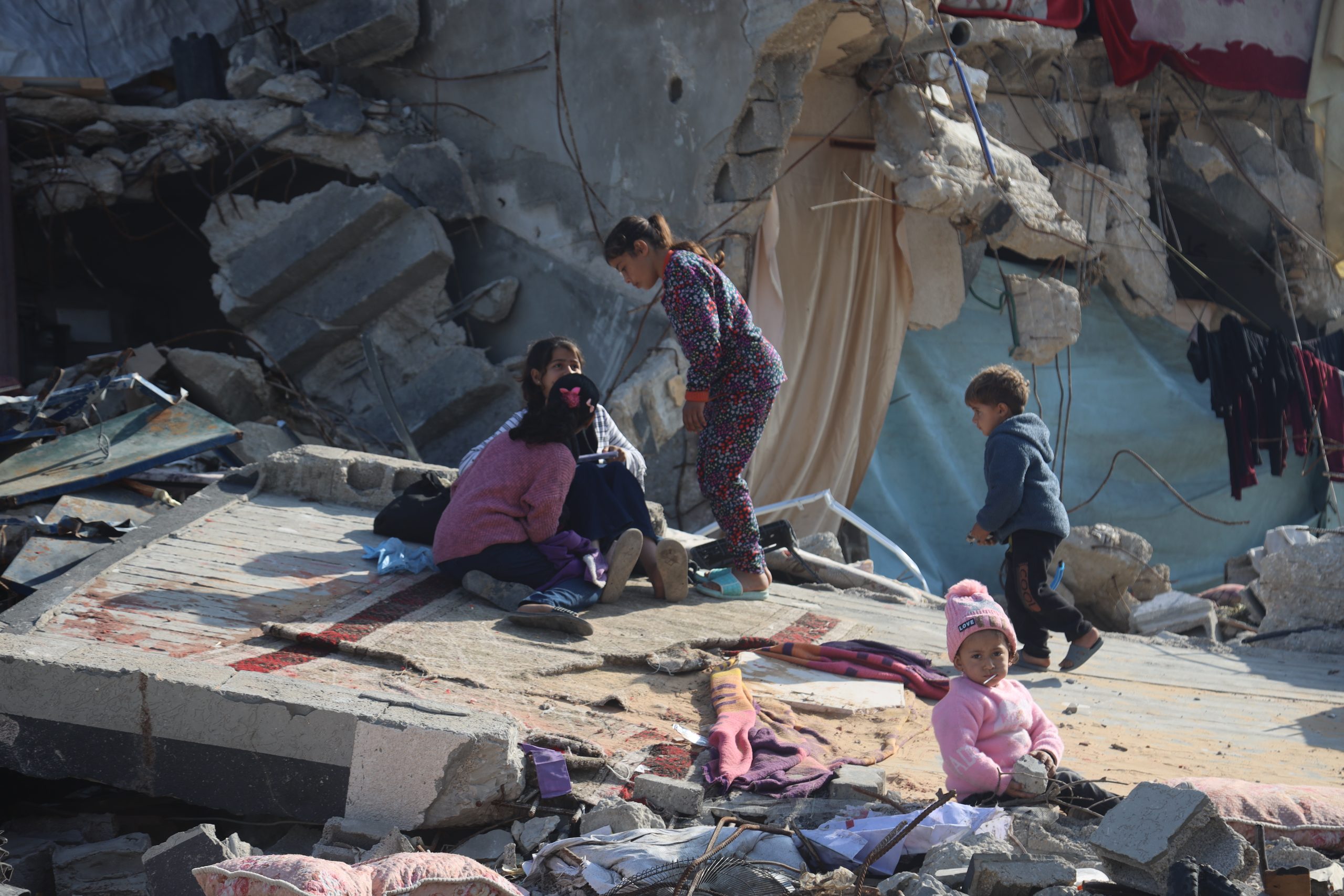More than 400 people, including many women and children have been killed in Israeli strikes on various parts of Gaza, marking the collapse of the ceasefire two months after it went into effect, ushering in another chapter of unbearable suffering for the civilian population.
“Our staff in Gaza recount being awoken in the middle of the night to the sounds of pounding airstrikes and piercing cries of people looking up to the sky in disbelief. They are telling us about hospitals overflowing with the injured amid shortages in medical supplies, many people fleeing their homes, children crying and an overall state of confusion, fear and helplessness,” said Jolien Veldwijk, CARE Palestine (West Bank and Gaza) Country Director. “For this to happen during Ramadan and just as people were beginning to feel that the nightmare they had survived for 15 months had ended is beyond heartbreaking. A renewed cycle of violence will further destabilize the wider region and undermine the prospects for long-term and sustained peace.”
This escalation comes on the heels of Israel’s decision to block aid from entering Gaza on March 2. Critical lifesaving supplies are being prevented from reaching families. Medical equipment, tents, cooking gas, fuel for hospitals, water stations and trucks used to remove garbage are all being blocked.
The airstrikes hit a health center run by CARE’s partner Juzoor in Jabalia. Al-Rafi Health Center served over 1,000 patients daily and its destruction will significantly impact Juzoor’s ability to provide essential medical care.
“A return to bombings, death and destruction, coupled with the decision to close all crossings into and out of Gaza, including for medical evacuations, is creating enormous suffering for an already vulnerable population,” added Veldwijk. “People in Gaza are still reeling from the violence, forced displacement, physical destruction and deprivation of 15 months of conflict. All parties must adhere to international humanitarian law, let more aid flow into and across Gaza and ensure humanitarians can safely respond to people in need wherever they may be.”
Israel began issuing forced displacement orders to residents of most northern areas in the Gaza Strip, including in Beit Hannoun and Kherbet Khuza’a, in the early hours of Tuesday March 18, stoking fears of a new wave of displacement after residents had been allowed to
return as part of the ceasefire agreement. This morning’s airstrikes also targeted displacement sites in Khan Younis that had been part of what was an Israeli-designated ‘humanitarian zone.’ Simultaneously, our teams are witnessing escalating tensions, increasing restrictions, displacement, and violence against Palestinians living in the West Bank.
“As we have said over and over, the only way to end the suffering and foster the best chance of lasting peace is through a sustained ceasefire,” added Veldwijk. “We call again for hostages to be released and all parties to comply with their obligations under international law.”
For media enquiries contact Briony FitzGerald on 0404 117 927
About CARE Australia
CARE Australia is one member of the global CARE Confederation. CARE Australia supports women and girls around the globe to save lives, defeat poverty and achieve social justice. We work in partnership with local communities to provide equal opportunities for women and girls to be educated and to earn an income, gain access to essential resources like food, health care and clean water, and to be able to withstand and recover from the increasing impacts of disasters, conflict and other crises. Our programs focus on women and girls because we know when one woman breaks the cycle of poverty she brings four others with her – and that’s a powerful multiplier of impact.

